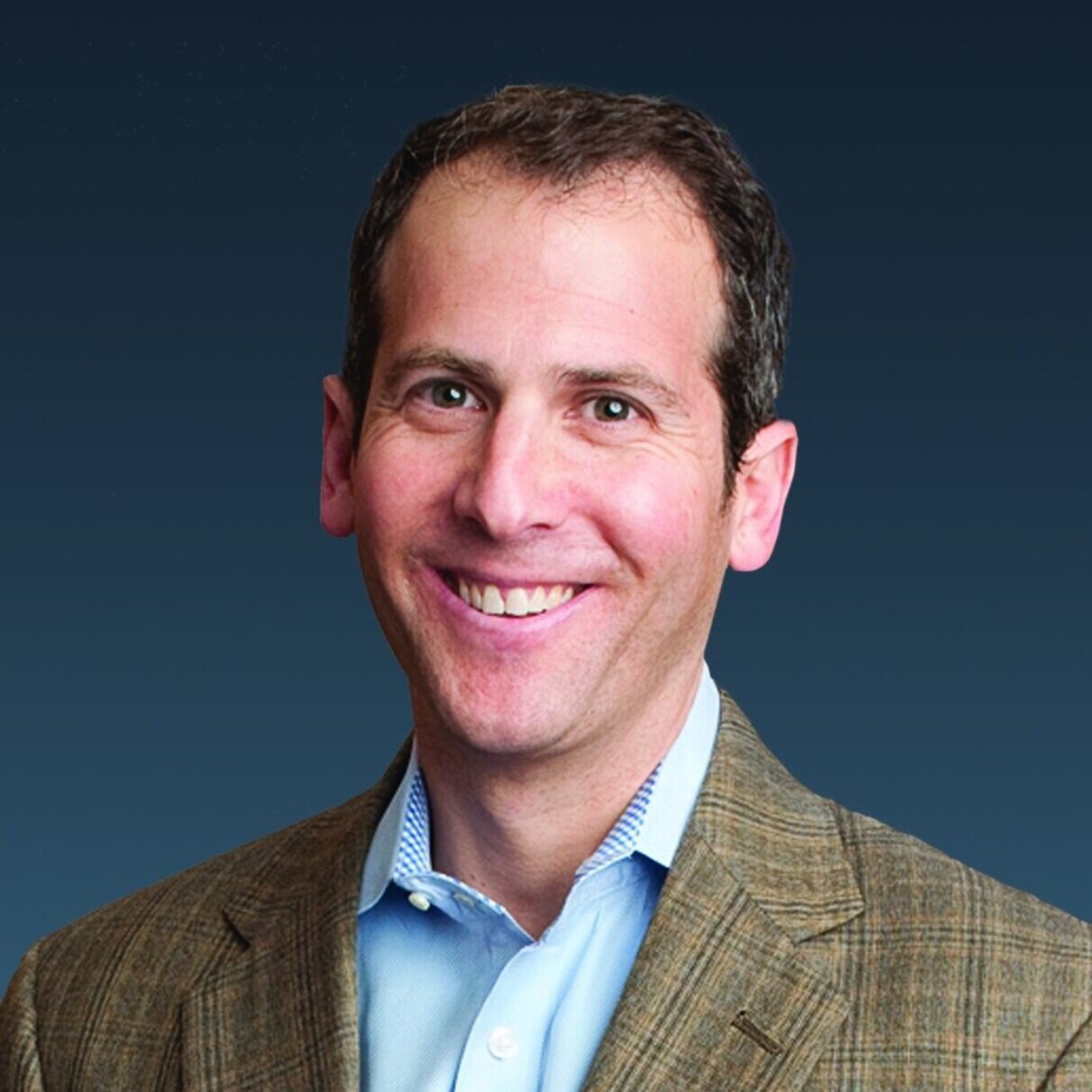ESG: It’s How We Grow the Cannabis Market
Out of the many societal and business trends accelerated by the COVID-19 pandemic, the one that gives me the greatest hope for the cannabis industry is the growing ESG movement.
Increasingly, stakeholders in businesses of all types and sizes are recognizing that the way to create long-term value is to view those business through the lens of environmental, social, and corporate governance issues.
Cannabis operators are no exception, from large MSOs to single-unit dispensaries. And it strikes me that the cannabis industry is grappling with these weighty issues at a particularly early stage in its lifecycle – a fact worth celebrating.
We know that we have flaws in the system – from inherent social injustices to the tremendous greenhouse gas emissions currently required to power indoor growhouses – but we’re actively working to rectify them. Take as just one example the groundbreaking study by researchers at Dartmouth College, sponsored by the Sustainable Cannabis Coalition (SCC) and supported by the Rocky Mountain Institute, that lays out a path to make cannabis cultivation radically more energy-efficient.
As I write this, I am preparing to attend my fifth MJBizCon, where I will sit Thursday morning on a panel of leading voices in the cannabis industry to talk about the state of ESG, and the importance of company ESG policies to thriving in today’s market. I think the fact that this topic is on the docket of such a prominent, influential industry trade show shows how far we’ve come in such a short time; this growing focus on, discussion of, and research dollars being invested in ESG is yet another sign that cannabis is maturing into a mainstream consumer products industry.
Becoming mainstream does not make progress along the ESG front any easier, but it does make it more important. While there seems to be a general appreciation throughout the industry for why ESG is important, like many other business concepts, it can still be interpreted a number of different ways.
As you progress down the path of your own ESG journey, don’t make the mistake of being too myopic in your view. Each of those individual letters represents a vast field of specific issues and concerns, and it’s no longer enough to just check a few boxes in each category and move on. As cannabis markets mature, operators will need to work harder for each new percentage of market share. When it comes to ESG, this means taking a stand on the issues that are crucial to your stakeholders, and putting those principles at the heart of your organization.
It is important to think creatively about what each individual letter stands for, but also how those ideals will work in concert to mitigate risk and enhance value. ESG needs to be prioritized within the organization so there is clear buy-in and contribution from top to bottom, and organized to be effective at bringing the relevant data from an operational, financial, and human capital perspective to maximize the impact of decision-making.
Here’s my view: ESG is how we expand the market.
Increasingly, stakeholders expect the companies they work for, buy from, and invest in to take a long-term view. That’s not easy in this industry, with its state-by-state licensing, ever-uncertain regulatory future, and capital-raising challenges; it can be tempting to focus only on the issues that are right on the surface. But addressing inherently long-term environmental, social, and governance concerns is the antidote to the kind of short-term, shareholder-value-maximizing mentality that once permeated corporate America.
Flying the ESG flag may put you squarely in the crosshairs of cultural and political divides, and you must be prepared to face these headwinds. But do not be deterred by the naysayers. The reward will be a more resilient and sustainable organization that is prepared to ride the highs and the lows of this unique industry.
Larry Fink, the trailblazing CEO of investment firm BlackRock who famously stated that “climate risk is investment risk,” makes clear in his 2022 letter to CEOs that stakeholders capitalism is, at the end of the day, capitalism. “Make no mistake, the fair pursuit of profit is still what animates markets; and long-term profitability is the measure by which markets will ultimately determine your company’s success.”
ESG is how we take the long view.
On a personal note: I am thrilled to be attending MJBizCon in person this year, along with more than 35,000 cannabis executives from around the world. If you will be there, I hope you’ll join me and my fellow panelists Thursday, Nov. 17, from 10 to 10:45 a.m. for our discussion of why ESG is essential to thrive in today’s market.



